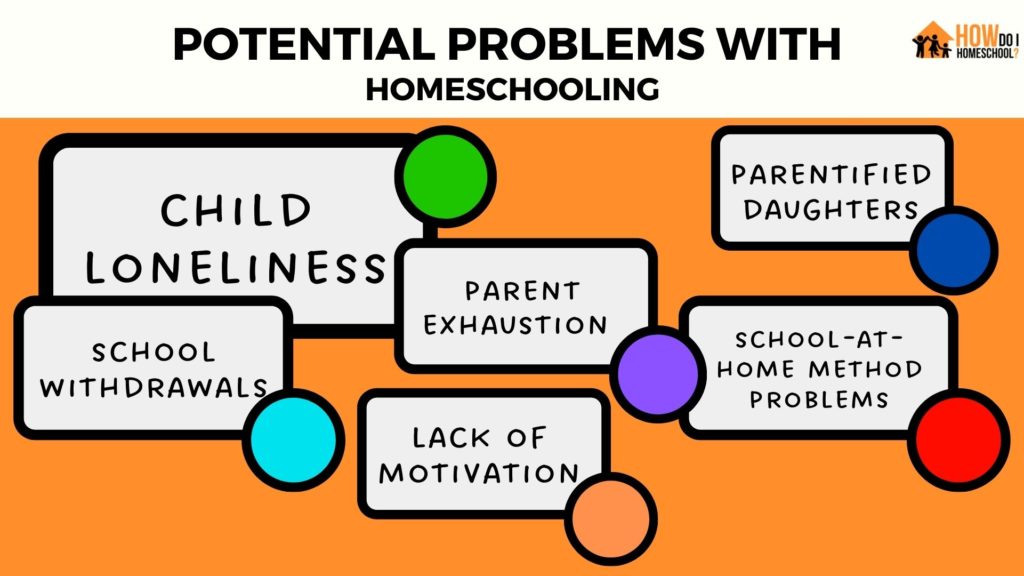Transformative Education : Navigate Alt Learning Complexities

The Transformative Landscape of Education: Navigating the Complexities of Alternative Learning
Education, a cornerstone of societal progress, has seen a significant transformation in recent times. As traditional schooling methods face challenges, alternative approaches, such as homeschooling, have gained prominence. This shift prompts a deeper exploration into the dynamics of alternative learning and the challenges it presents.
Embracing Diversity in Learning Styles
One of the compelling aspects of alternative learning lies in its ability to cater to diverse learning styles. Traditional classrooms often adopt a one-size-fits-all approach, leaving some students struggling to grasp concepts. Homeschooling, on the other hand, allows for personalized learning experiences, enabling students to explore subjects at their own pace and in ways that align with their individual strengths and preferences.
Flexibility in Scheduling and Curriculum
Homeschooling affords families the flexibility to tailor educational schedules and curricula to fit the unique needs of each student. This flexibility can be particularly advantageous for students who excel in specific areas, allowing them to delve deeper into those subjects. Moreover, it accommodates students who may require more time to grasp certain concepts, fostering a deeper understanding and mastery of the material.
Building Stronger Family Bonds
One of the often-cited benefits of homeschooling is the strengthening of family bonds. Learning within the home environment encourages more significant interaction between parents and children. This close-knit educational setting promotes not only academic growth but also emotional and social development, creating a holistic approach to learning.
Addressing Socialization Concerns
While homeschooling offers a conducive environment for family bonding, concerns about socialization persist. Critics argue that traditional schools provide a crucial social setting for children, exposing them to diverse perspectives and fostering interpersonal skills. However, proponents of homeschooling argue that various socialization opportunities exist outside the traditional classroom, such as community groups, sports teams, and organized activities.
Technology Integration in Homeschooling
In the age of rapid technological advancement, homeschooling has leveraged digital tools to enhance the learning experience. Virtual classrooms, educational apps, and online resources provide homeschooling families with a wealth of educational materials. The integration of technology not only enriches the learning process but also prepares students for a future where digital literacy is increasingly essential.
Home Schooling Challenges Discussion
As with any educational approach, homeschooling is not without its challenges. Navigating these hurdles requires a thoughtful consideration of factors such as curriculum planning, time management, and the availability of resources. To delve deeper into the challenges of homeschooling, join the discussion here. Share insights, experiences, and perspectives on overcoming obstacles in the realm of alternative learning.
Teacher Qualification and Support
A critical aspect of successful homeschooling lies in the qualifications and support system available to parents taking on the role of educators. While passion and commitment are admirable, having access to proper training, resources, and a supportive community can significantly enhance the effectiveness of homeschooling.
Evaluating Academic Progress
Another challenge in homeschooling involves assessing academic progress. Traditional schools often rely on standardized testing and grades to measure a student’s performance. Homeschooling families must





